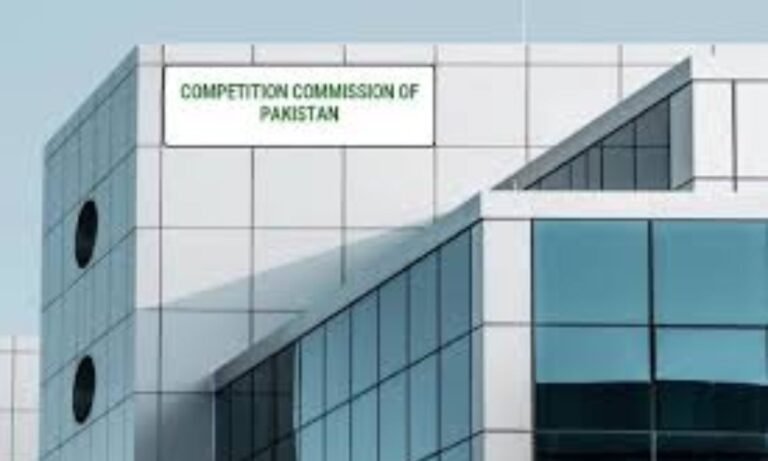By: Omed Hajjana
Islamabad: The second round of the U.S-Pak Health Dialogue is ongoing in the Ministry of National Health Services, Regulations and Coordination under the leadership of Federal Minister for Health Abdul Qadir Patel and U.S Ambassador to Pakistan Donald Blome to strengthen the bilateral ties and healthcare sector with collaboration.
According to spokesperson of health ministry, Federal Secretary Health Iftikhar Shalwani, Federal Special Secretary Health Mirza Nasir-ud-Din Mashhood Ahmad, Director General (DG) Health Dr Baseer Achakzai and U.S ambassador to Pakistan Donald Blome, Deputy Administrator USAID Shaffer, Assistant Administrative S.A.D.Asia Bureau Members of the American have been participating in the dialogue.
Earlier, the First round of health dialogue had been held in Washington D.C with the leadership of Health Minister Abdul Qadir Patel to strengthen the health sector and had stressed a mutual understanding to cooperate in Border healthcare services.
On the occasion, Health Minister Abdul Qadir Patel said that the U.S. government is continuously assisting to strengthen Pakistan’s healthcare system for more than three decades. “Both countries are showing determination to strengthen and maintain bilateral relations in the health sector”, he added.Pakistan and US Five-year Bilateral Assistance Agreement Signed
He informed they would further discuss the joint strategic priorities and also consider a road map for more effective cooperation.
He said that Pakistan-US talks in the health sector will be constructive and beneficial. “It has been providing strategic support through the US Agency for International Development and the Centers for Disease Control”, he maintained.
Patel said that both countries are also working jointly for the Green Alliance to tackle climate and environmental challenges. “Due to climate change, there are devastating effects in the economic and development sectors”, he added.
Health experts stressed that we have to develop integrated strategies to improve health services and combat disease across our borders.
They said that our common commitment is to strengthen RMNCH services and control communicable and non-communicable diseases.
The Minister said that Pakistan appreciated this opportunity and looked forward to future cooperation and partnership with the United States.
Meanwhile, US Embassy in a statement said that on June 8, Abdul Qadir Patel, Federal Minister for National Health Services, Regulations, and Coordination, and Isobel Coleman, Deputy Administrator, USAID, led the second stand-alone U.S.-Pakistan Health Dialogue.
Pakistan and the US pledged to continue their health sector partnership to fight infectious and non-communicable diseases, reduce malnutrition, strengthen the primary health care system, expand quality health services, and help Pakistan recover from the 2022 floods.
Both nations highlighted their longstanding health relationship. US health aid has helped millions of Pakistanis for decades. Over 300,000 individuals in Khyber Pakhtunkhwa and Sindh provinces receive clean drinking water and sanitation services from the US.
Over the past seven years, the US has supplied more than 79 million safe and effective COVID-19 vaccinations in conjunction with COVAX, responded to HIV, typhoid, and other epidemics in Pakistan, and provided health services to approximately 11 million women and children.
Pakistan has supported initiatives to expand access to excellent health services, raise health budgets, and invest in infrastructure to satisfy Pakistani health requirements.
The Health Dialogue commits the two governments to work together to help Pakistan recover from the 2022 floods, improve maternal and child health and nutrition services, advance international health regulations and global health security, and fight infectious and non-communicable diseases.
Pakistan’s national public health institute, immunizations, and health security are US priorities.
Both governments also agreed to deepen their bilateral partnership to mitigate the health impacts of climate change and other environmental issues like air quality through the U.S.-Pakistan Green Alliance, which focuses on food security, climate-smart agriculture, water management, and clean energy.
The delegations addressed the US’ recent offer of $16.4 million to combat malnutrition and intend to invest $30 million in already approved FY 2022 USAID programs to boost Pakistan’s health sector programming.

